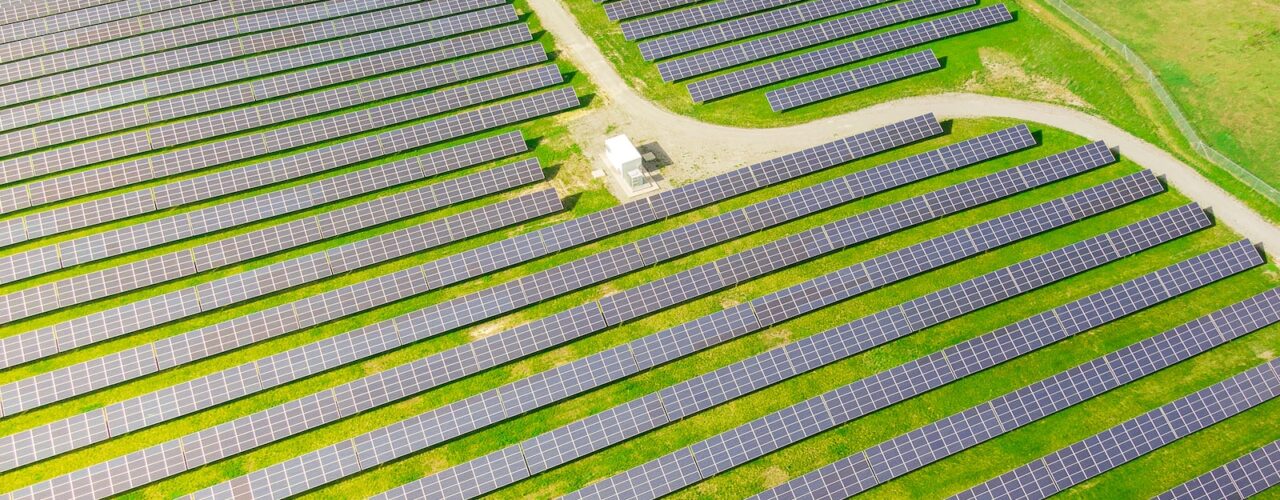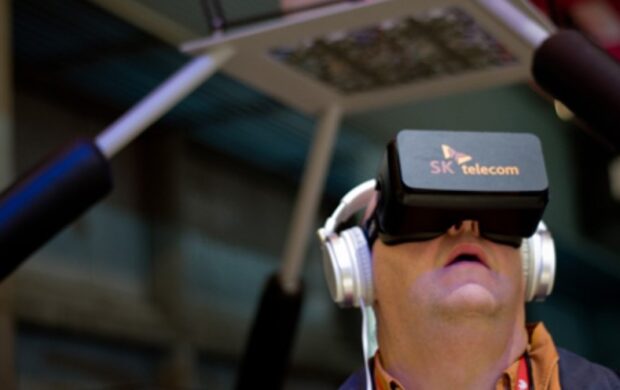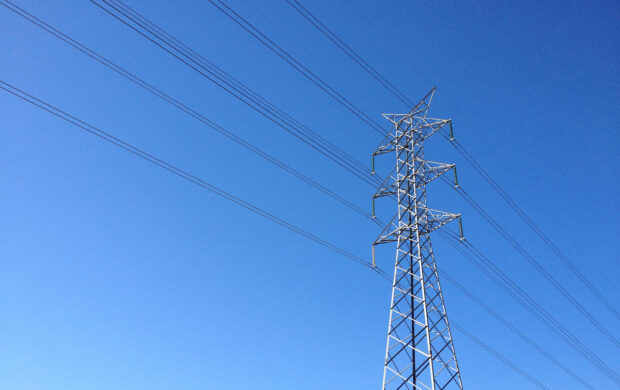In Jharkhand’s Gumla district, ten women from marginalized communities formed a self-help group and decided to set up a solar-run processing unit to produce edible oil. The machines are used to grind mustard cakes (which are raw plant materials) and extract virgin mustard oil. The solar mini-grid in this district has 30-kilowatt potential and became operational around four years ago. As a result and for the very first time, the village started getting uninterrupted power supply and encouraged the women to try a small-scale enterprise to earn an extra income.

So what?
Jharkhand’s Gumla district is among the most backward districts of the state as per the Indian government’s classification. The entry of solar power in the district turned things around as villages now had continuous power supply to confidently run enterprises.
“Earlier our village was dependent on grid-connected electricity which was erratic, disrupting our daily, electricity-dependent work,” one of the women entrepreneurs told Mongabay-India. “It was also posing a hurdle in setting up any machine-based commercial work,” she added.
A 2019 study on the sustainability of community-owned mini-grids in India, claimed that community-owned solar mini-grids which are replicated sustainably for years have the potential to overcome the hurdles of financial, and technical aspects which in turn can have a positive social impact in those areas.
This success story is unique and in contrast to several other solar assets installed in remote rural areas of the state (and other parts of the country) which became defunct after some years of running due to a lack of monitoring and upkeep. It appears the key to achieving long-term success in decentralized solar power projects is community engagement at early stages.











Join discussion